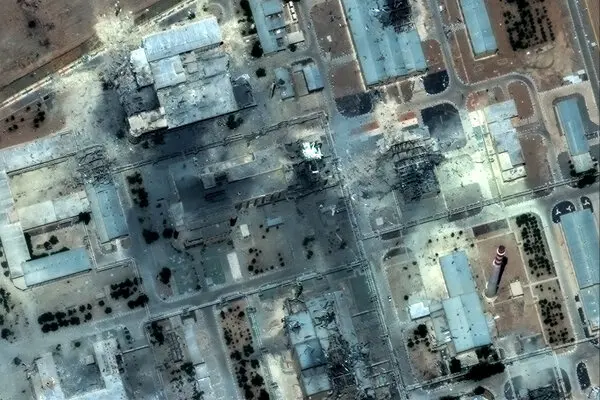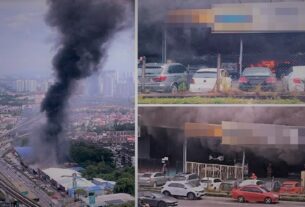WASHINGTON — In a high-stakes revelation that underscores the fragility of global nuclear stability, a senior Israeli official confirmed Wednesday night that Israel believes a portion of Iran’s highly enriched uranium may have survived recent U.S. military strikes and remains buried beneath the Isfahan nuclear facility. But despite its survival, the material remains untouched—for now.
The Israeli official, speaking to reporters during a briefing in Washington, stated that the uranium is “effectively unreachable” because any effort by Iran to recover it would immediately trigger new Israeli military action. “We’re watching. If Iran even tries to dig, we will act,” the official said, issuing a stern warning that reflects the current hair-trigger tension between the two nations.
The situation ties back to Operation Midnight Hammer, a controversial and decisive U.S. military strike aimed at dismantling Iran’s nuclear infrastructure. White House spokesperson Anna Kelly echoed the administration’s pride in the operation, quoting President Trump’s stance that it “totally obliterated Iran’s nuclear facilities.” She added, “The world is safer thanks to his leadership.”
Israel’s decision to attack Iran’s nuclear facilities wasn’t a spontaneous act—it followed sensitive intelligence suggesting that Iran, after the assassination of Hezbollah leader Hassan Nasrallah in September, had accelerated secret efforts to weaponize its enriched uranium. According to the Israeli official, the information was shared with the U.S. President, but Israel was prepared to act alone if necessary.
While the Israeli government remains tight-lipped about the origin of the intelligence, the implication is clear: Israel saw an immediate threat and acted without waiting for international consensus.
In stark contrast, Iran maintains its stance that its nuclear program is for peaceful purposes only. Speaking to NBC News prior to the U.S. strikes, Iranian Foreign Minister Abbas Araghchi emphasized the program’s significance to Iran’s identity: “This is an achievement of our own scientists. It’s a question of national pride and dignity.”
Further complicating the narrative, U.S. National Intelligence Director Tulsi Gabbard testified before Congress in March that Iran was not actively pursuing nuclear weapons and that the country’s Supreme Leader had not authorized any such program since suspending it in 2003. Israel, however, openly dismisses that assessment.
This latest development paints a tense picture of mutual suspicion and a precarious geopolitical balance. At the heart of it lies a single truth: whether buried beneath concrete or above political posturing, the uranium in Isfahan is more than just nuclear material—it is a symbol of the profound mistrust and high-stakes brinkmanship defining today’s Middle East.




